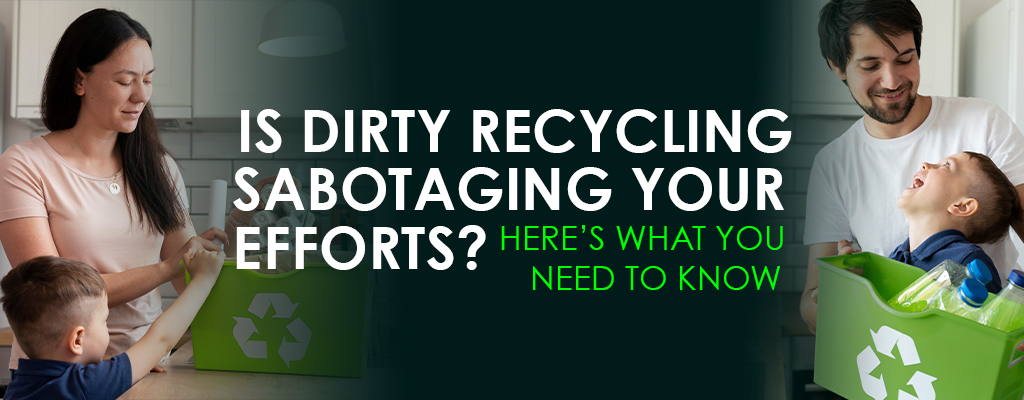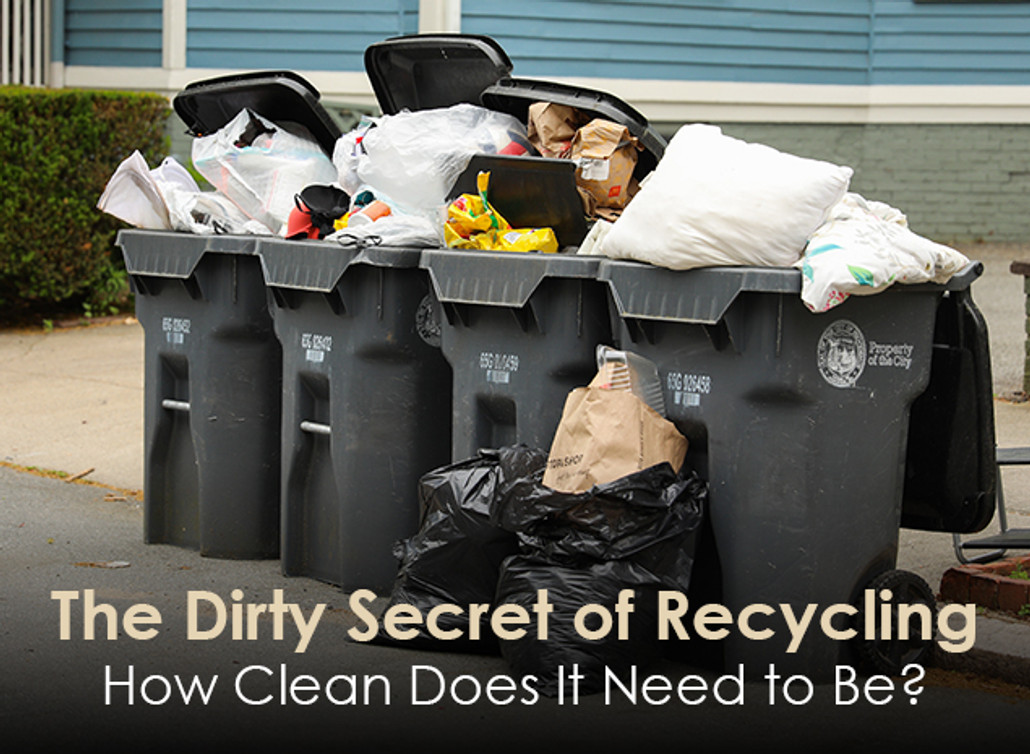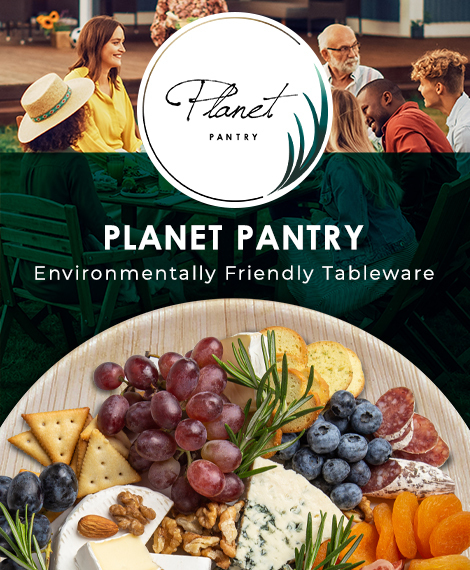Posted by Planet Pantry on 6th Nov 2024
The Dirty Secret of Recycling How Clean Does It Need to Be?

Recycling is one of those small but mighty habits that can make a significant difference. Yet, it often comes with a few questions, and one that frequently surfaces is: do you have to wash recycling? You might wonder if that leftover sauce in the pasta jar or the oily film in your takeout container can sabotage your well-intentioned efforts. Let’s unravel the mystery and dive into how cleanliness plays a part in how to recycle properly.

The Case for Clean Recycling
At first glance, tossing your used containers into the recycling bin without a second thought might seem harmless. However, the reality is far more nuanced. Dirty recyclables can contaminate entire batches of otherwise clean materials. Imagine a single oily pizza box smeared with cheese grease—its greasy residue can spread across paper, plastics, or even aluminum, rendering these materials useless for processing. In some cases, contaminated batches may be diverted to landfills, effectively nullifying your recycling efforts.
While you don’t need to break out industrial-strength cleaners, cleaning recyclables before recycling does matter. A simple rinse is usually enough. Empty that soup can and give it a quick swish under the faucet. The key is to remove food remnants and liquids that could spoil the value of the recyclable material. Once the remnants are gone, the item is ready for recycling facilities to take it through the next steps.
Why Cleanliness Matters
Some recycling centers operate with sophisticated machinery designed to handle impurities, but many don’t. And this brings us back to the core issue: contamination. When food particles or liquids contaminate an item, it can impact not just the recyclability of that particular piece but also the entire bin it's tossed into. This chain reaction leads to one of the biggest challenges faced by recycling programs: higher costs. Contaminated materials require additional sorting and cleaning at facilities, driving up operational expenses. Worse yet, highly contaminated loads might not be recyclable at all, forcing them into landfills.
That’s why answering the question, “do you have to wash recycling?” is a resounding "yes" in most cases. But don’t worry, it’s not about scrubbing your recyclables to perfection. A quick rinse to clear away residue or leftover food is typically all it takes. Avoid using excessive water—conserving water is important too—but aim for clean and empty containers.

What Happens If You Don’t?
What happens when recycling isn’t washed? The consequences can ripple through the entire recycling system. For one, it can attract pests and unpleasant odors. An unwashed peanut butter jar or a greasy takeout container not only contributes to contamination but can also invite flies or rodents to your bins. This is especially problematic in areas where waste sits for days before collection.
Moreover, as recycling becomes more of a global commodity, with some materials traveling far and wide, cleanliness is even more essential. Clean materials are easier to process, sort, and convert into new products, ensuring that recycling efforts are not in vain. When you understand how to recycle properly, it’s clear that skipping the rinse isn’t worth the potential downsides.
Best Practices for Clean Recycling
Here are a few practical tips for cleaning recyclables before recycling without making it a burdensome task:
Rinse, Don’t Wash – Simply rinse containers like yogurt tubs or soda cans to remove the bulk of the residue. There’s no need to get every speck of food or grime off.
Scrape Excess Food – For items like pizza boxes, you can still recycle the clean portion. Just remove the greasy or heavily soiled part before recycling the rest.
Don’t Waste Water – Recycle smartly by rinsing your containers with leftover dishwater or cold water. Every little bit helps in reducing water waste while ensuring clean recycling.
Know Your Local Rules – Some localities may have different guidelines for recycling. Make sure to check with your local facility to understand their standards for how to recycle properly.



